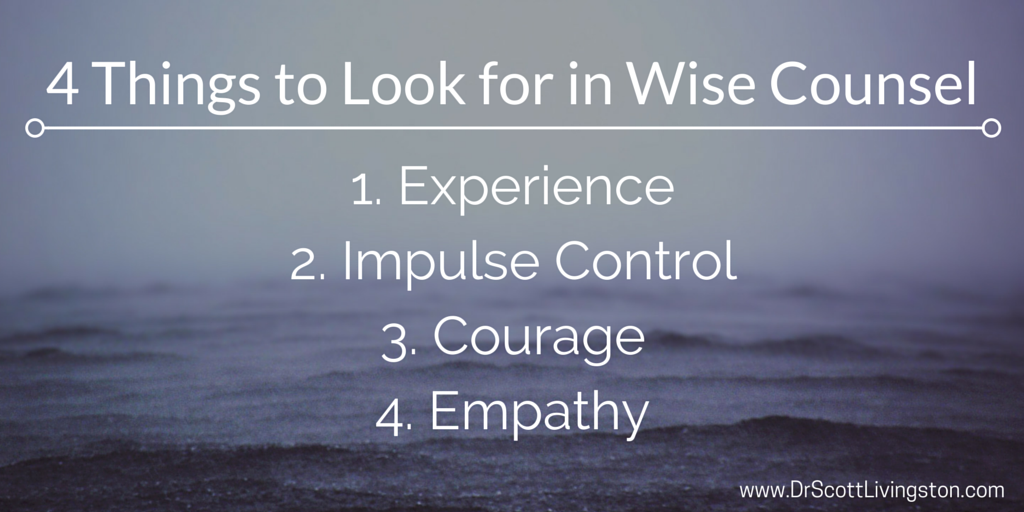I have to admit to you that I have really been conflicted during this current COVID 19 crisis. My conflict really pulls on me because of two very strong values that I hold:
Human Health
Maximizing Wealth
Many of you know that many years ago I chose a career change. Before entering the world of leadership development, I spent many years in healthcare. My undergraduate work was in pharmacy, and after passing the state boards in Illinois, I went to work for Family Drug Stores in Decatur, Illinois. I worked as a retail pharmacist and a Long Term Care consultant. I really enjoyed those days of listening to people and helping them use medicine to live healthy and productive lives. So, modern western medicine means a lot to me. It has shaped many of my core values.
These health care values really drive my paying attention to what medical experts have to say., such as listening to epidemiologists talk about how to “flatten the curve” for Coronavirus. I check the news every evening to get more information on both a vaccine against Coronavirus and a treatment for COVID 19. Actions such as social distancing and wearing a mask make total sense to me as ways we can help to save lives and not overburden our health care system. All of these align with my value for proper societal health care.
All of this is in total conflict with another value of mine; maximization of wealth.
I love it when people work hard and are rewarded for it. I celebrate people like Bill Gates, Steve Jobs, and Mark Zuckerberg. They had an idea, took a risk, worked hard, and have made a pile of cash. Good for them. (I also have a strong value for giving back and I trust these three have done that the right way). Hard work and ingenuity are the engines of capitalism and I strongly applaud these. If you are working hard, have an idea, take a risk to implement your idea, then I will celebrate you too. Your wealth creation and generosity are two things that can really help you to live a meaningful life.
Current Crisis
I think it is pretty easy for you to see the conflict I am feeling. Perhaps you share these values and are experiencing similar feelings. On the one hand, we have to be concerned about our health. We have to not only be self-referential but we have to care about those who might be at greater risk than we are. And this current health crisis has put 30 million people in the United States alone out of work. Many of them in the travel, entertainment, and food service industries which hit my hometown of Orlando really hard.
Where do you turn when you have a values conflict? How do you resolve issues like the one I am experiencing?
My experience is that far too many of us turn to our emotions to guide what we are experiencing. The problem with this is that our emotions are meant more to be a thermometer than a thermostat. Emotion is to inform you so you can make a decision to act. We can get into a lot of trouble if we allow our emotions to have too much input into the decisions we make.
In addition to what I am thinking myself, I like to turn to others to see if there is anything I can learn from them to help me resolve my conflict. I have learned a lot from many of you who read this blog over the years, so turning to friends and colleagues is one place I seek information.
From time to time I also like to turn to the great thinkers of the world to see if I can glean any wisdom from what they have written in the past. Not about Coronavirus, of course, but more in general about learning in crisis.
With that, I present you with 10 quotes from some of the greatest teachers from philosophy, religion, and psychology. I thought it might be kind of interesting to get some 30,000 foot perspective on learning from crisis.
It has struck me that all the misfortunes of men spring from the single cause that they are unable to stay quietly in one room. ~ Pascal
The roots of education are bitter, but the fruit is sweet. ~ Aristotle
The demand for certainty is one which is natural to man, but is nevertheless an intellectual vice. ~ Bertrand Russell
Who among you can add one day to his life by worrying? ~ Jesus of Nazareth
Those who do not remember the past are condemned to repeat it. ~ George Santayana
Failure is instructive. The person who really thinks learns quite as much from his failures as his successes. ~ John Dewey
The mind is the effect, not the cause. ~ Daniel Dennett
To understand is to perceive patterns. ~ Isaiah Berlin
Hope and fear cannot alter the season. ~ Chogyam Trungpa
The greatest weapon against stress is our ability to choose one thought over another.
~ William James
And if I might include one more (consider it a bonus) from a modern-day philosopher on investing and human behavior:
When forced to choose, I will not trade even a nights sleep for the chance of extra profits.
~ Warren Buffett
At the end of our current crisis, I think it might be the philosophers who have the most to say about the conflict in values I am experiencing.
Are you experiencing any similar conflicts? If so, let me know, I would love to hear more about your story.




















